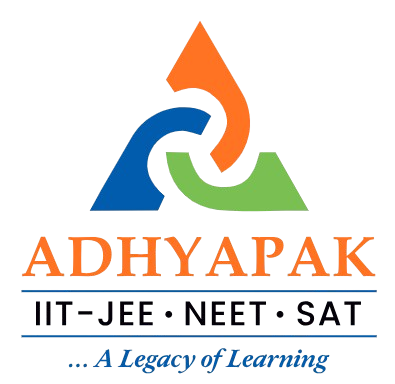At Adhyapak Junior College, education goes far beyond textbooks and lectures. One of the most powerful elements shaping students’ learning experience is peer learning — the process of students learning from and with each other. This approach not only deepens understanding of academic material but also builds essential collaborative and interpersonal skills that are vital for success in today’s world.
What is Peer Learning?
Peer learning involves students working together in groups, sharing knowledge, solving problems, and providing feedback to one another. At Adhyapak, this is fostered through group projects, study circles, peer tutoring, and collaborative classroom activities. The idea is simple: students often relate better to peers, and explaining concepts to each other reinforces their own understanding.
Enhancing Academic Understanding
When students explain concepts to classmates or tackle problems together, they process information more actively. At Adhyapak, group discussions and study sessions allow students to break down complex topics, ask questions they might hesitate to ask a teacher, and discover different approaches to solving problems. This leads to stronger retention of knowledge and a deeper grasp of subjects.
Developing Collaborative Skills
Teamwork is a cornerstone of modern professional environments. Through peer learning, Adhyapak students practice skills such as communication, negotiation, conflict resolution, and collective decision-making. Whether they are preparing a group presentation or working on a science experiment together, students learn to respect diverse viewpoints, divide tasks effectively, and support one another — preparing them for real-world teamwork scenarios.
Building Confidence and Leadership
Peer learning environments empower students to take on leadership roles within their groups. They learn how to guide discussions, clarify doubts, and encourage participation from quieter members. This boosts self-confidence and cultivates leadership qualities. At Adhyapak, faculty members facilitate these environments, ensuring every student has the chance to lead and contribute.
Creating a Supportive Learning Community
One of the greatest advantages of peer learning is the sense of belonging and support it fosters. Academic pressures can be overwhelming, but knowing that peers are facing similar challenges helps reduce stress and anxiety. Adhyapak’s collaborative culture builds friendships, strengthens bonds, and creates a network of students who motivate and uplift one another.
Preparing for the Future
In higher education and the workplace, success often depends on the ability to collaborate effectively. By emphasizing peer learning, Adhyapak ensures students are not only academically strong but also skilled in teamwork, adaptability, and communication. These soft skills are crucial for future success, whether in university projects, internships, or professional roles.
Conclusion
At Adhyapak Junior College, the power of peer learning is harnessed to create a dynamic, engaging, and supportive educational experience. By learning with and from each other, students build both their academic knowledge and the collaborative skills that will set them apart in the future. It’s not just about achieving individual excellence — it’s about growing together and preparing for the challenges and opportunities that lie ahead.
